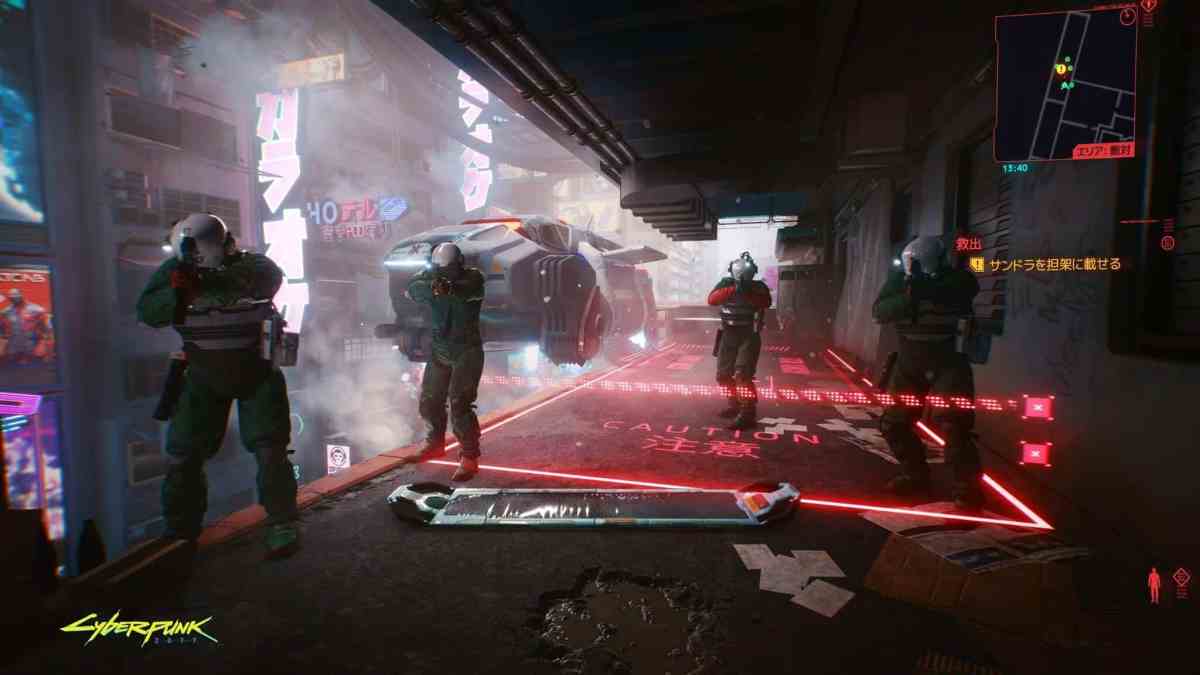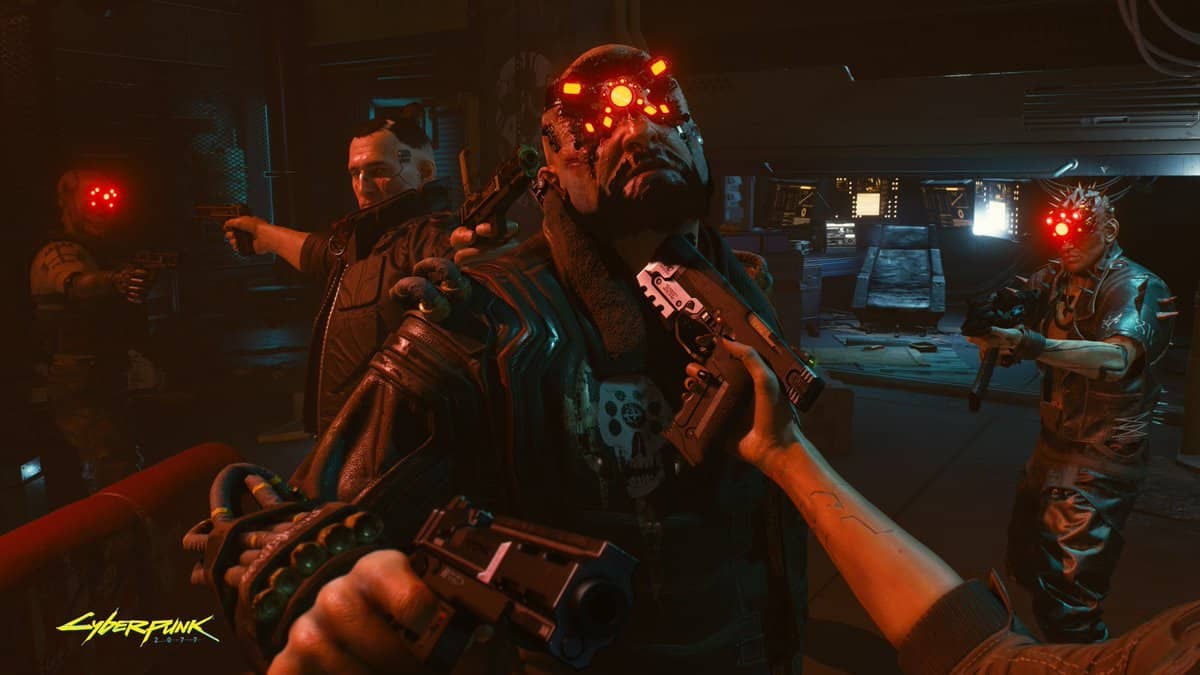The way the console ports for Cyberpunk 2077 have been handled is nothing short of embarrassing for the studio heads at CD Projekt Red. For a company that was so highly regarded by consumers as “consumer-friendly,” Cyberpunk 2077‘s release couldn’t have been further from that, and there are important lessons to garner from it — for game publishers, consumers, and the games media that covers it all.
Review copies for the biggest game of the year were sent out a week and a half before launch to a very few select outlets who were handed ridiculously strict NDAs, limiting what they could show on embargo to pre-approved footage, and nobody was permitted access to the console ports until the day of release. We ourselves didn’t even get a code for the game until a few hours before launch (not the result of any public relations agency, but of strictly CDPR).
Not long after the official launch, the Twitter videos and player reports started popping up all over social media to show just how broken Cyberpunk 2077 is on consoles at launch. To put it bluntly, the game shouldn’t have been released in this state on last-gen consoles.
The sad part about this is that the developers of course knew this. I’m sure that nobody there wanted to release a broken product or deal with the deluge that comes from that on social media. Even sadder now is the developers have a broken product out on the market and are surely feeling an intense amount of pressure, right before the holidays, to stick around and fix this game up as fast as they can so as not to tarnish their reputation as a studio any further.
In a conference call this morning (read the full transcript), CD Projekt Red’s management attempts to take responsibility, but it comes across as empty words meant to appease its shareholders. They openly admit they were too focused on releasing the game and ignored the warning signals that it wasn’t ready, but it doesn’t matter. They manipulated the media, they manipulated their customers, and now their own development team will suffer the consequences of all of this, and it’s not a stain that’s going to be forgotten by either the media or customers alike.

We’ve seen the reports about the crunch happening at the studio from multiple sources, and while we don’t have the full picture about what exactly went down at CD Projekt Red over the past few years, the state of the console ports of Cyberpunk 2077 makes it clearer why the delays kept happening.
The media also has some questions to ask ourselves during all of this. Accepting an embargo as strict as the one that CD Projekt Red sent out should have raised red flags that something was amiss, not to mention the lack of any access to console ports of the game before its release date.
Not enough stink was made about this in the rush to be the first to get coverage out, and that’s a failing of the media (ourselves included) to protect consumers from the shadiness that just went down. This isn’t the first time and it’s not the last time it will happen either. It should serve as a wake-up call and a lesson that even the companies we hold in high regard as “consumer-friendly” shouldn’t be given the benefit of the doubt. This isn’t a slight against anyone that covered the game, but it should be a lesson we all take away from this whole ordeal.
A lot of attention was placed on the sociopolitical aspects surrounding Cyberpunk 2077, but not enough was placed on the business practices that we as media are supposed to act as a buffer for consumers. And in that same sense, we failed the developers at CD Projekt Red too who are now going to be the ones that have to save the image of their studio thanks to bad decisions being made at the higher levels of management. Decisions that they openly admit were bad but went through with anyway and most likely don’t matter to shareholders in the long run because the game has already made its money back.

I’m not trying to sound dramatic; it’s just the facts of the situation here. I don’t have the full picture of what’s going on at CD Projekt Red and will never claim to, but I do know from speaking with hundreds of developers from around the industry during my time as both a journalist and working on video game documentaries to know what the people on the floor at CDPR are dealing with right now. The stress and anxiety from this current situation they’re facing will most likely lead to many burning out at the studio or quitting their jobs altogether. Passion for a project can only take you so far.
Hot takes on Twitter, excuse my language, don’t do jack shit to help or solve anything, especially not after our outlets have already reviewed the game and moved on to the next big thing. The only thing it does is stroke the ego of the people making the jokes and the toothless calls to action as the developers continue to toil away, trying to fix up an embarrassing release of a product that they had little control over. Even writing this article isn’t going to directly change anything, but I know I’m already thinking about how we’ll adapt coverage going forward for future releases with the level of hype behind them that Cyberpunk had, and I think many other outlets should be as well.
This should be an experience we all learn from as both media and influencers that we all too often play into the marketing schemes of game publishers and studios, accepting strict embargoes that don’t serve anyone but the sales and marketing departments of games, all in the rush to be the first to get coverage out to rake in those sweet traffic numbers and social media attention. One has to wonder how things would have played out differently here if media and influencers had refused to accept the embargo for Cyberpunk 2077 and only agreed to review the game once we had access to the console ports of the game.
Maybe a 4/10 would have meant something then.
